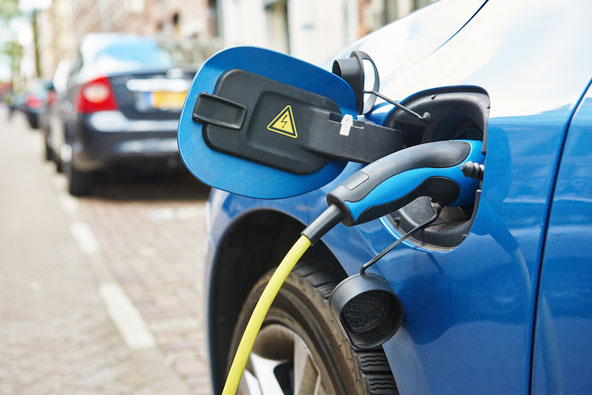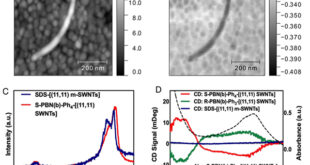Significance
Vehicle-to-grid can be described as the reciprocal power flow of electricity between a battery on an electric vehicle and a recipient, such as an electrical grid, low voltage microgrid or a building. Vehicle-to-grid can be characterized as a “grid service”, which introduces the aspect of financial incentives to consumers by offering frequency regulation and energy storage facilities to the grid, demand shifting, and lower rates resulting from avoidance of peak tariffs during high demand. In addition, vehicle-to-grid offers the possibility of incorporating more localized renewables as a percentage of the generation mix. Irrespective of these incentives and benefits, the effect of vehicle-to-grid on the degradation of Lithium-ion batteries is still a major concern.
A previous experiment on the effect of vehicle-to-grid operation on Li-ion battery degradation indicated that additional cycling to discharge electric vehicle batteries to the power grid, even at constant power, poses damaging effects on the performance of the battery. Another contradictory experiment presented data and simulation suggesting that vehicle-to-grid could extend the life of lithium-ion batteries in electric vehicles. The contradicting conclusions of the two studies are peculiar considering that both studies used similar 18650-type cells.
The findings of these two papers have drawn considerable attention. Therefore, Kotub Uddin at The University of Warwick in the United Kingdom in collaboration with Matthieu Dubarry and Mark Glick at University of Hawaii at Manoa in the USA reconciled their findings in this study summarizing that lithium-ion battery degradation governs the economic viability of vehicle-to-grid. The authors highlighted the policy, regulatory, and economic implications of managing battery degradation from vehicle-to-grid based primarily on the need for new smart facilities and an urgency for business models that account for battery degradation. Their research is published in the peer-reviewed journal, Energy Policy.
In the simplistic approach implemented by current vehicle-to-grid pilot studies in which an electric vehicle is discharged and charged without a consideration to battery degradation, the authors found vehicle-to-grid to not be economically viable owing to the effect additional cycling poses on battery longevity. A smart control algorithm with the purpose of maximizing battery life can be used to reverse these effects.
In such an arrangement, the control algorithm would allow access to the stored energy only if there are no damaging effects on battery’s life, thus, the worst case would be that the battery would degrade as if there was no vehicle-to-grid application. This approach however depends on the development of precise battery prognostic models as well as further advances in trying to understand the causes, mechanisms, and the effects of battery degradation.
In view of the policy, the expected electric vehicle growth will offer huge potential for vehicle-to-grid to play a critical role as a grid service. Vehicle-to-grid in conjunction with jurisdictions committed to renewable energy, will be an enabler for carbon reduction. Setting up the grid improvements and platform would be an important first step. However, setting up a suitable compensation model will be challenging and important for vehicle-to-grid to grow. Finally, having a new, free market to aggregate and trade grid services will result in unbridled expansion of vehicle-to-grid as a future smart grid service.

Reference
Kotub Uddin, Matthieu Dubarry, and Mark B. Glick. The viability of vehicle-to-grid operations from a battery technology and policy perspective. Energy Policy, volume 113 (2018), pages 342–347.
Go To Energy Policy
 Advances in Engineering Advances in Engineering features breaking research judged by Advances in Engineering advisory team to be of key importance in the Engineering field. Papers are selected from over 10,000 published each week from most peer reviewed journals.
Advances in Engineering Advances in Engineering features breaking research judged by Advances in Engineering advisory team to be of key importance in the Engineering field. Papers are selected from over 10,000 published each week from most peer reviewed journals.




